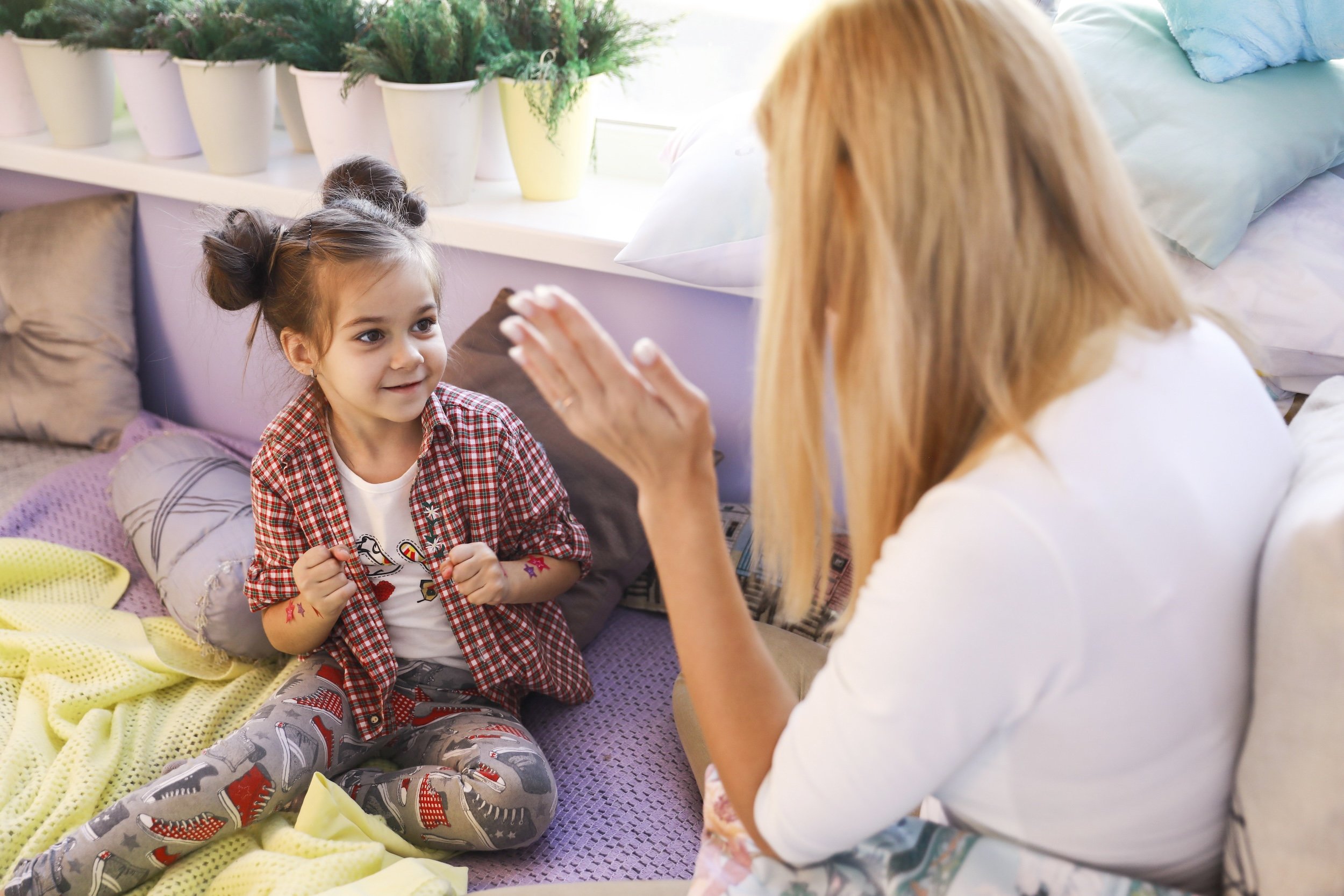Occupational Therapy
Occupational therapy supports children to build the skills they need to take part in everyday activities with confidence and independence. This might include learning to play with others, focus and participate in the classroom, develop friendships, manage big feelings, explore new foods, or become more independent in daily routines like dressing, toileting, and mealtimes. Therapy focuses on the core occupations of childhood; play, learning, social connection, and self-care, helping children engage in the moments that matter most to them and their families.
Our OT’s offer support in the following areas:
Fine Motor Skills
Fine motor skills involve the coordination of small muscles in the hands to hold, explore, and manipulate objects such as toys, pencils and feeding utensils. These skills are crucial for achieving school readiness goals such as drawing, cutting and developing the skills for handwriting.
Gross Motor Skills
Gross motor skills involve the abilities required of the large muscle groups to achieve movements such as running, jumping, walking, kicking and throwing.
Functional participation in School & Community Engagement
We help children build the skills they need to take part in classroom routines, social interactions and community activities with confidence and independence.
Functional Capacity Assessments
We get to know your child and how they participate in everyday life, then provide a detailed report to support NDIS planning. This includes your child’s strengths, support needs, and recommendations to further support your child.
Self care skills
These skills include tasks such as dressing, eating, toileting, and personal hygiene, which are important for managing everyday routines at home, school, and in the community. Some children may need additional support to develop these abilities, whether due to motor challenges, sensory sensitivities, or developmental differences
Play skills
Play supports the development of creativity, problem-solving, communication and social connection. Pretend play, such as role playing or using objects in imaginative ways, helps children make sense of the world and engage with others. As children move toward cooperative play, they begin to practise important skills like turn taking, teamwork and building friendships. For children who find play challenging, therapy can offer guided support to build confidence, strengthen peer interactions and develop the foundational skills needed for meaningful engagement and enjoyment.

Ready to help your child thrive in everyday moments?
Get in touch today to see how therapy can
support your child’s journey.







